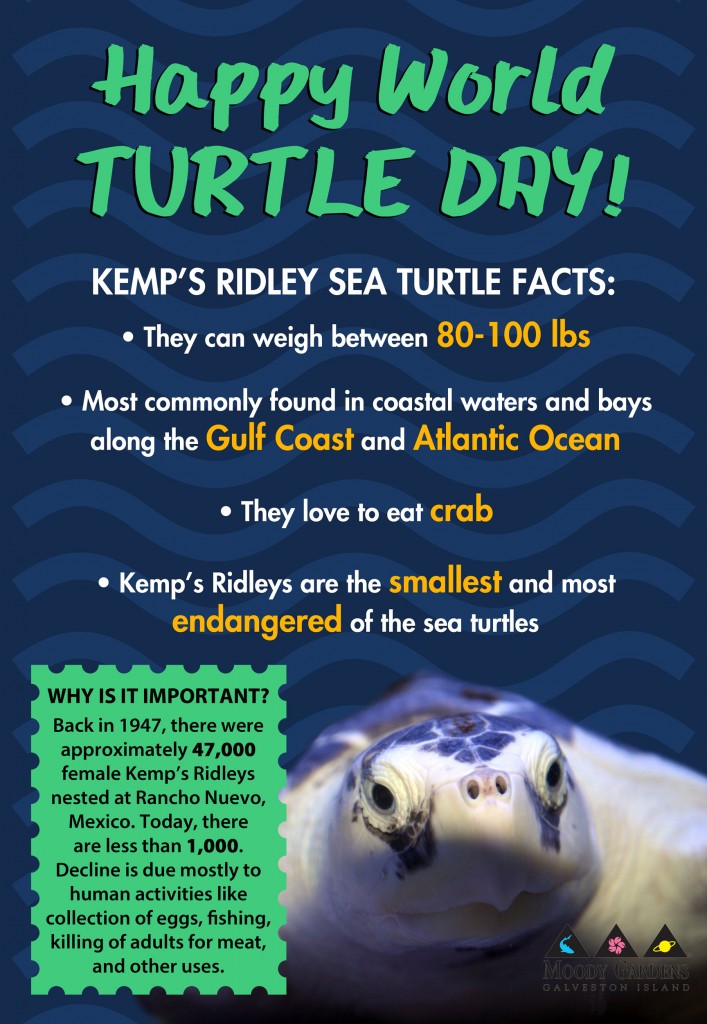Hosted by KPRC 2 Chief Meteorologist Anthony Yanez

Moody Gardens is hosting a public watch party for the premiere of “Garden in the Gulf: A Reef Rescue Mission” airing on KPRC 2. This one-hour TV special highlights vital coral reef conservation efforts by the Moody Gardens Dive Team, in collaboration with NOAA, to help preserve the Flower Garden Banks National Marine Sanctuary in the Gulf.
Viewers will gain insight into the progress being made to protect these reefs, uncover the environmental stories hidden within coral cores, and explore the challenges posed by invasive species like lionfish. These ongoing conservation efforts could help rehabilitate living coral reefs around the world, which continue to suffer from the impacts of a growing global population and a changing climate.
Special guests include KPRC 2 Chief Meteorologist Anthony Yanez and Moody Gardens Director of Marine Operations Jake Emmert, who will be in attendance to share more about the making of the special with guests and the important work being done to preserve our Gulf ecosystems.
Though not required, it is recommended to register for this free event online at: www.moodygardens.com/watchparty

In 2024, KPRC 2 and Anthony Yanez filmed a three part series called “Saving the Garden in the Gulf of Mexico.” The live presentation being held at the MG3D Theater will be the conclusion to the diving series that took part last year. You can find all three segments below:

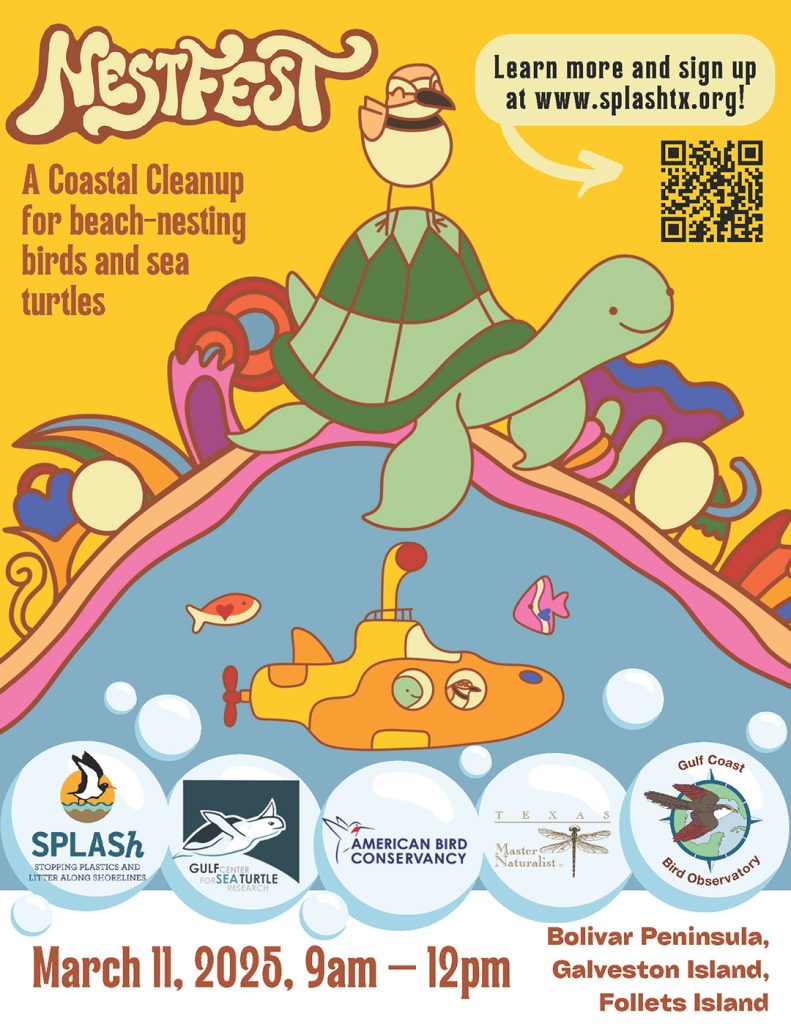
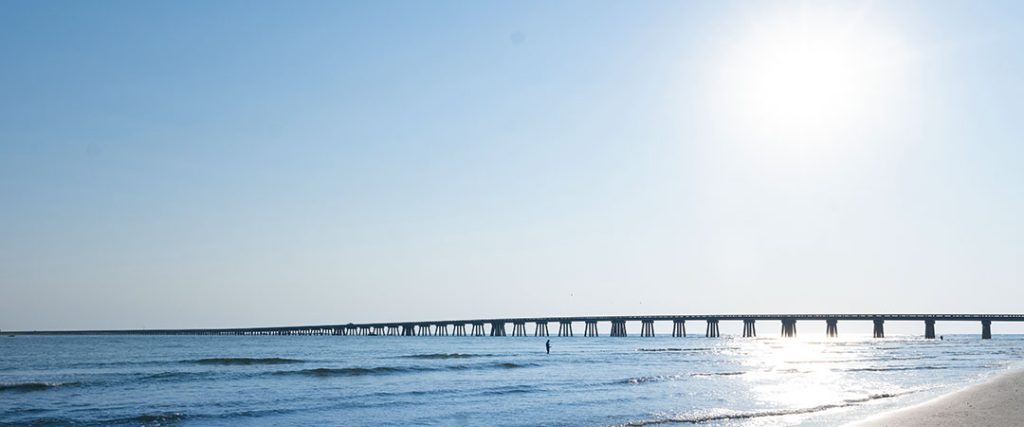
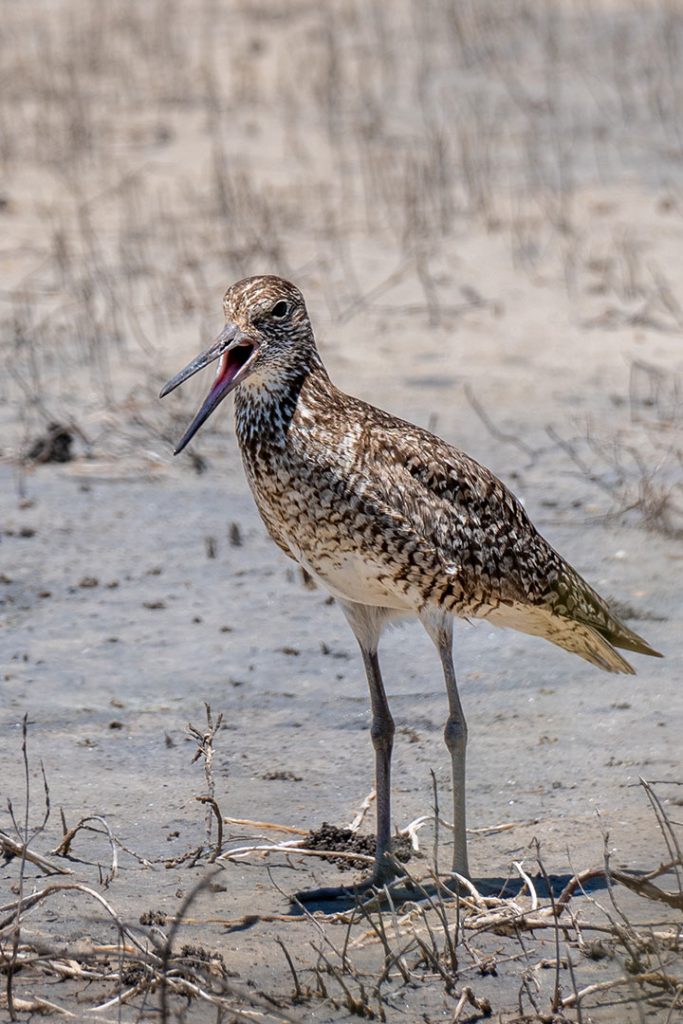
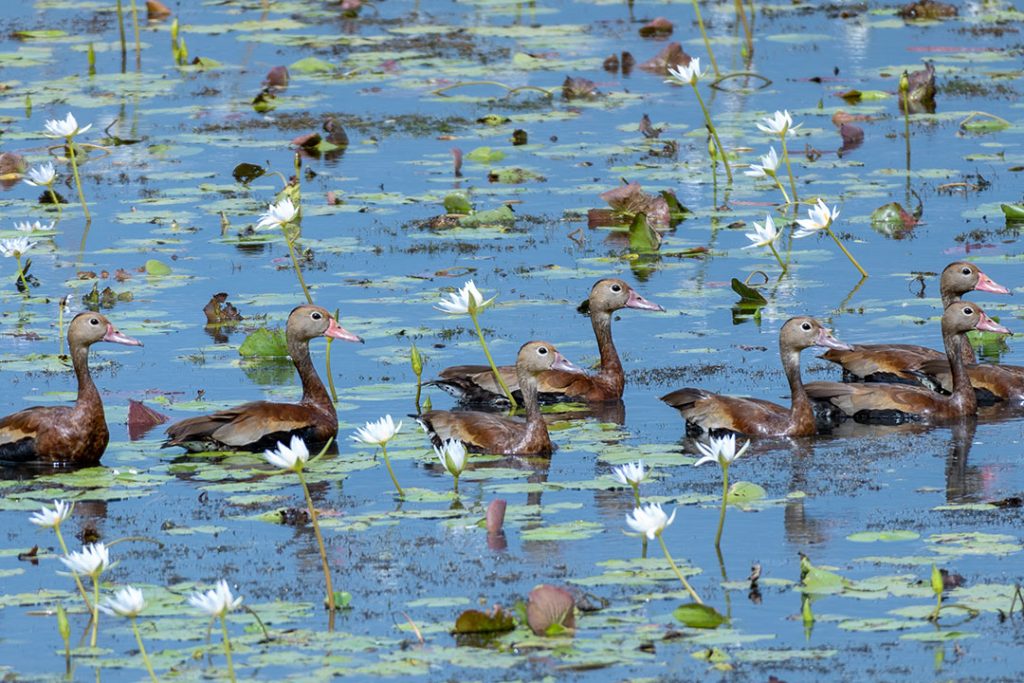
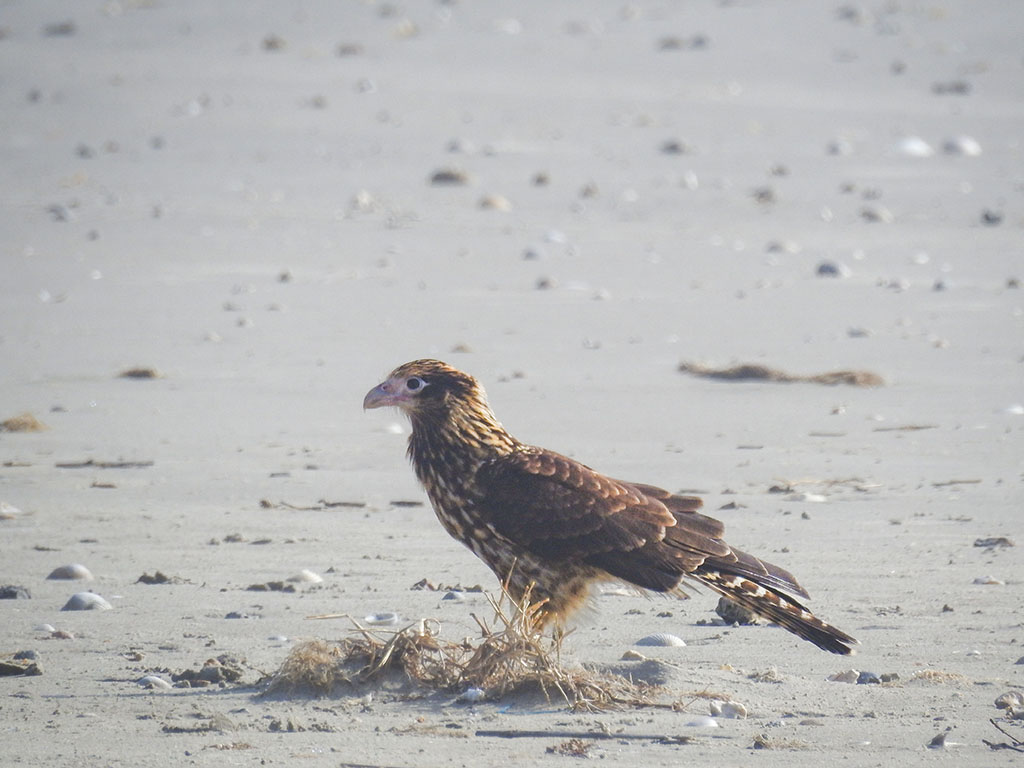
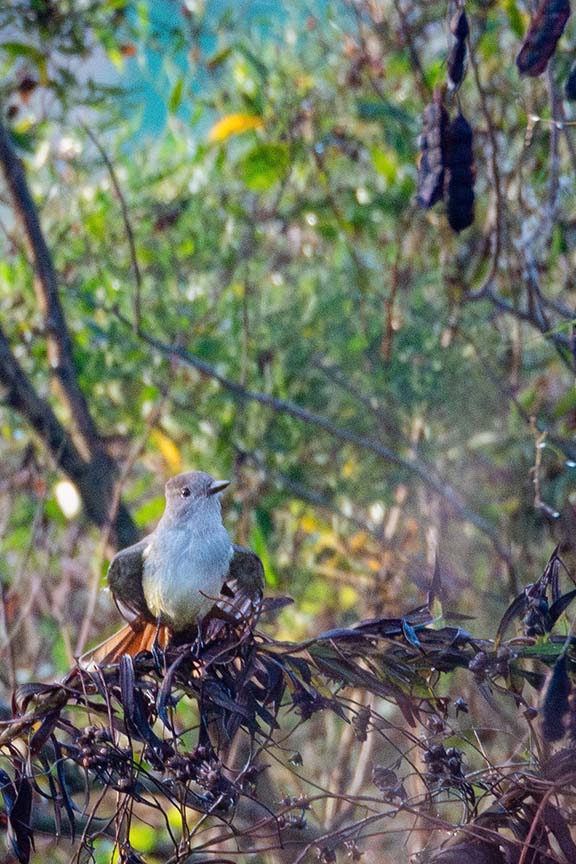
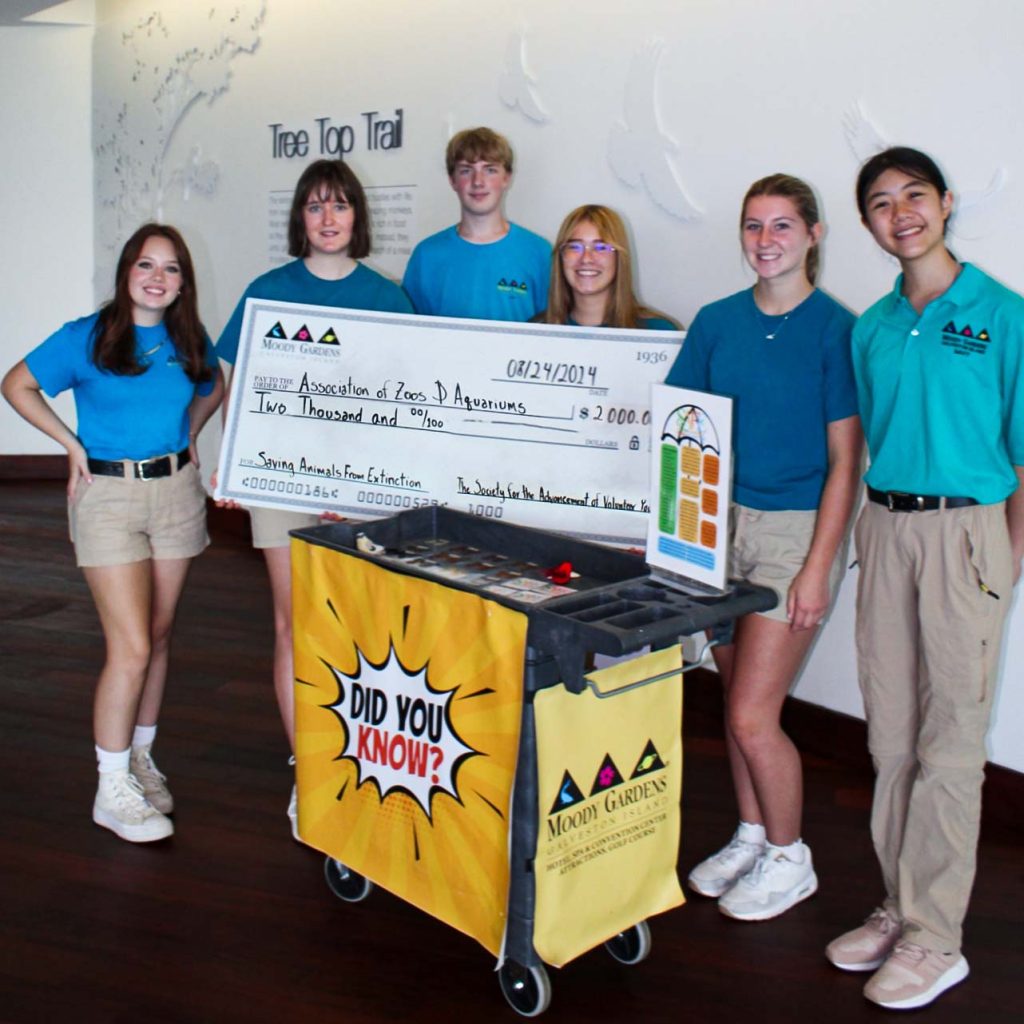
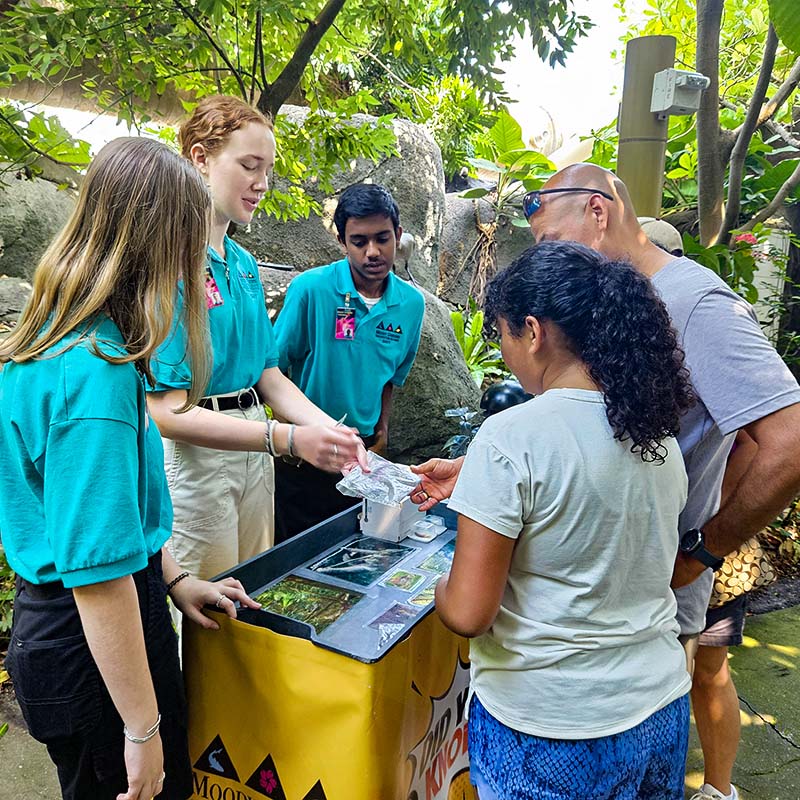
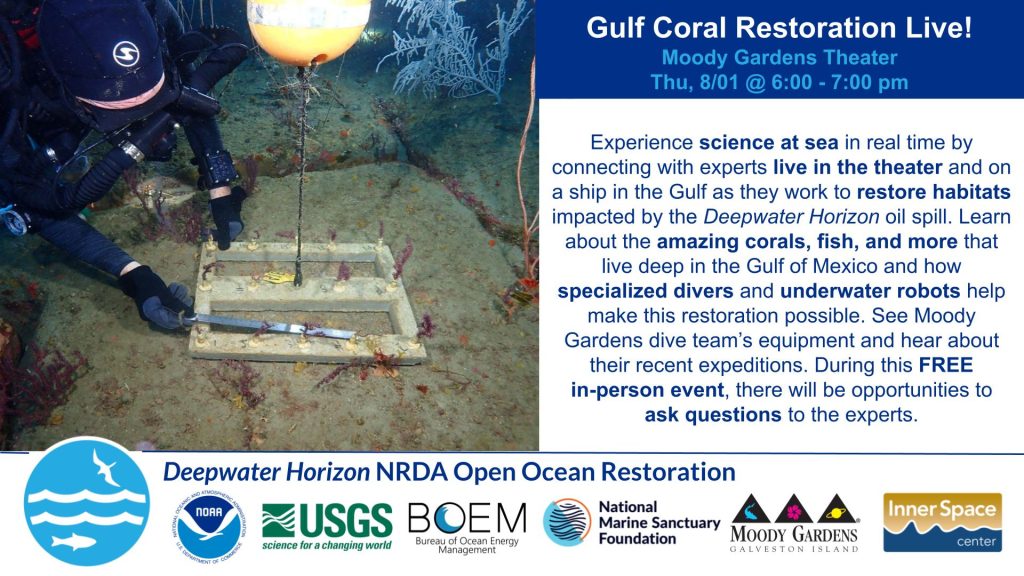
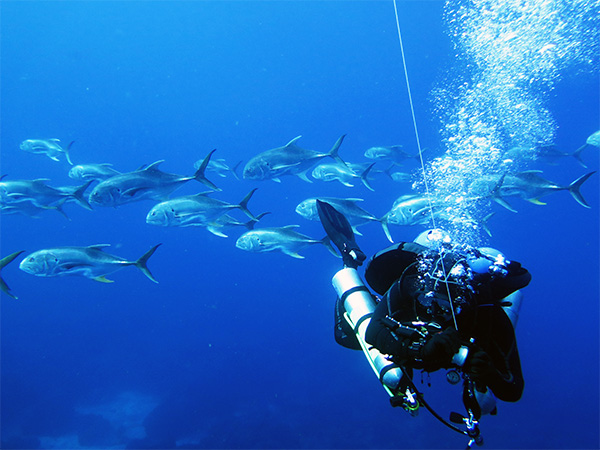
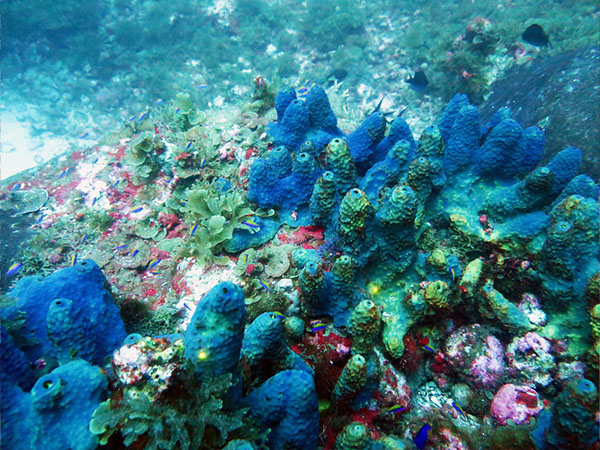
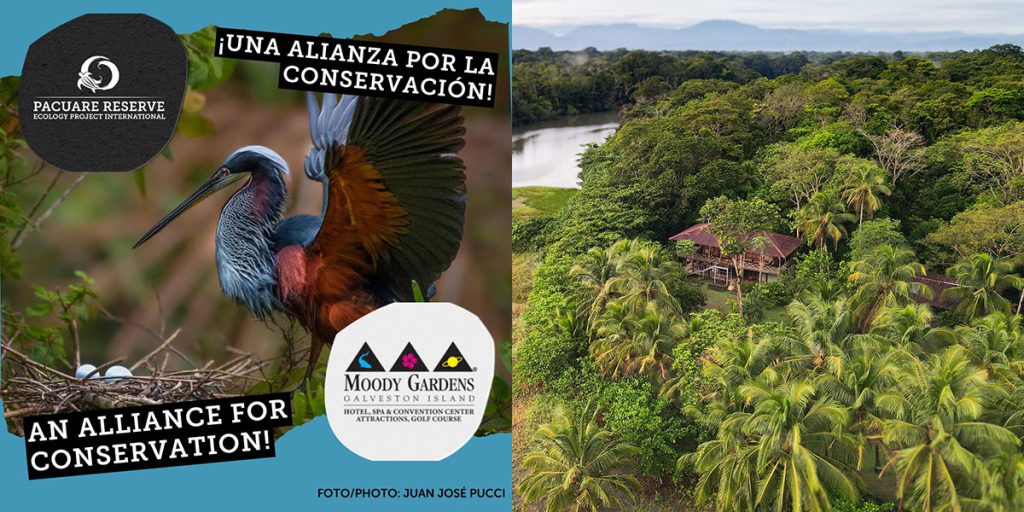
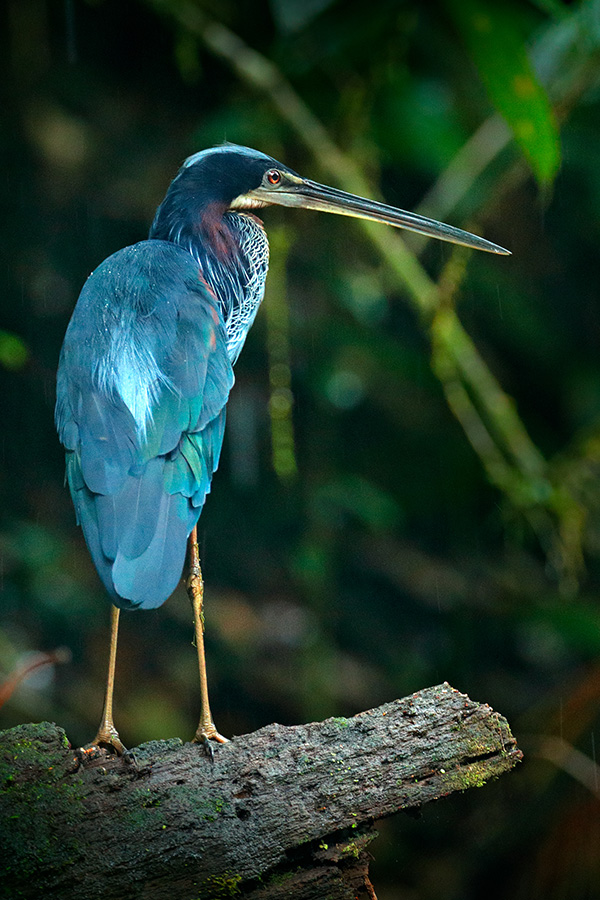
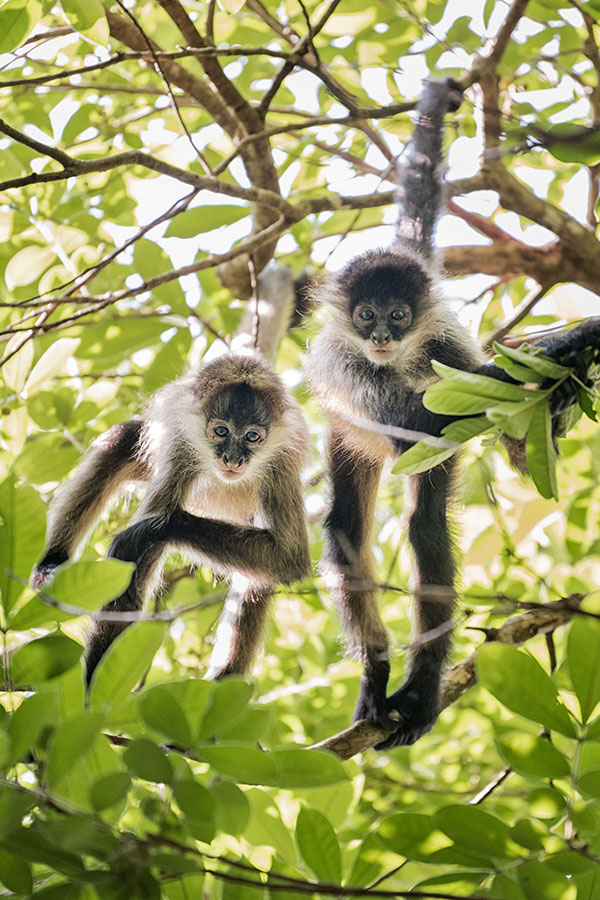

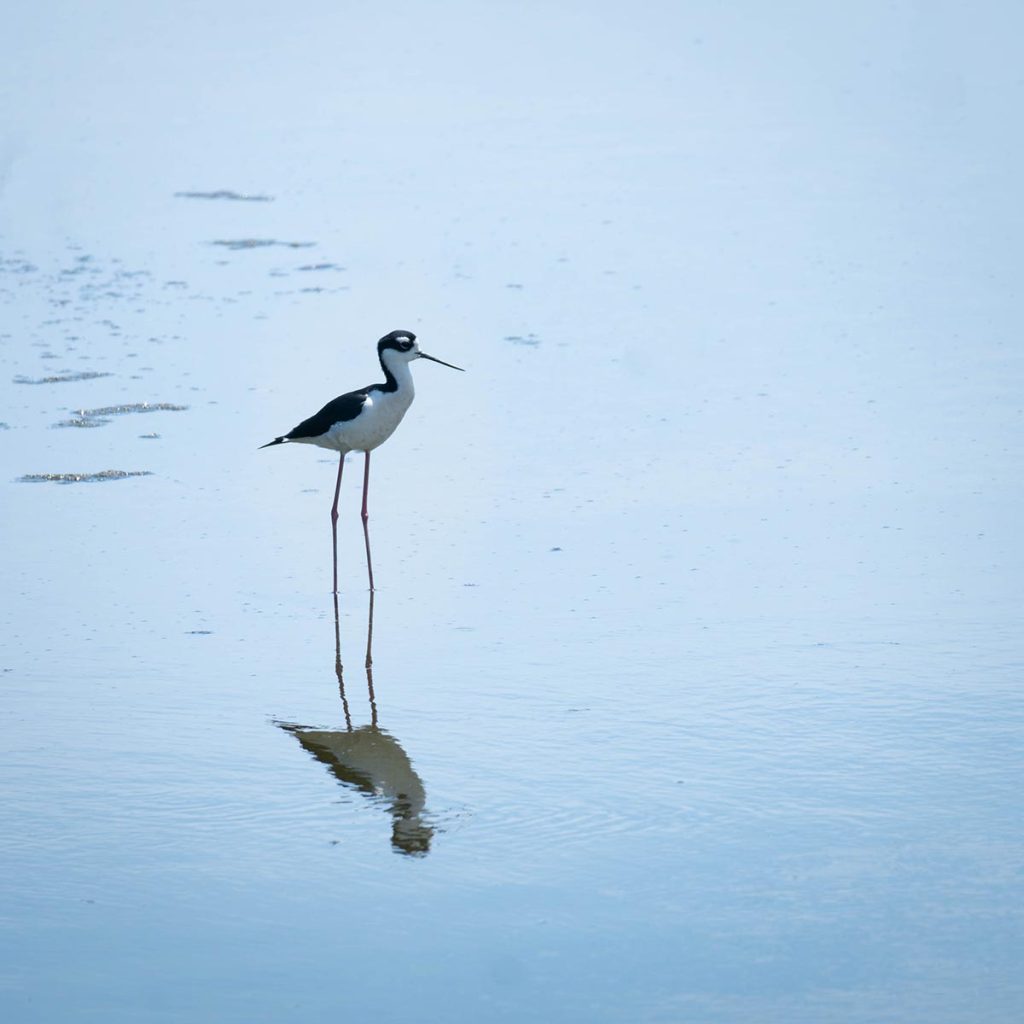
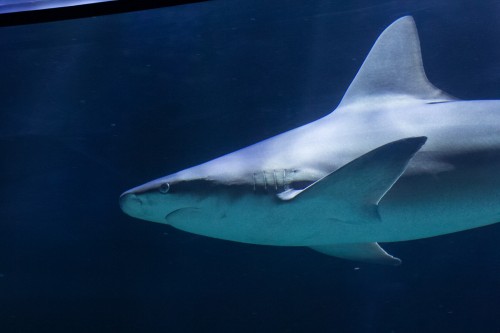

 Jam out with the animals of the Rainforest Pyramid at our Music Enrichment Event this Saturday and Sunday October 11-12 between 10 a.m. and 4 p.m.
Jam out with the animals of the Rainforest Pyramid at our Music Enrichment Event this Saturday and Sunday October 11-12 between 10 a.m. and 4 p.m.